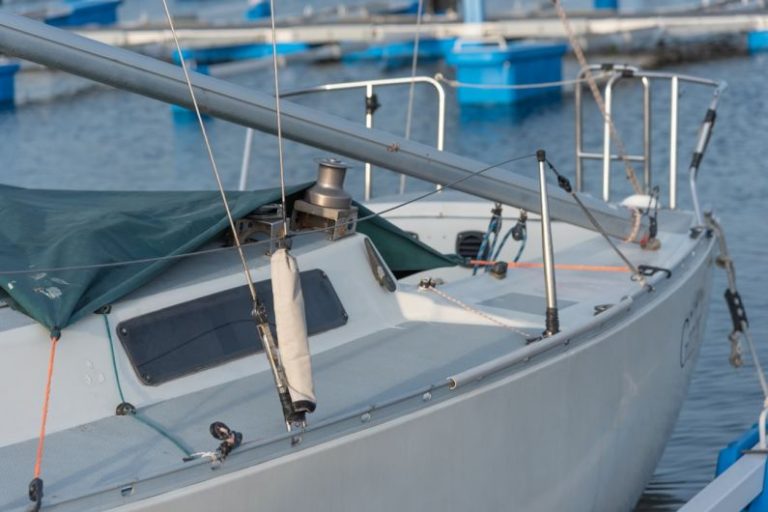
Rowing workshops are excellent opportunities for both beginners and experienced rowers to enhance their skills and knowledge in the sport. Whether you are organizing a workshop for a rowing club, a school team, or simply a group of enthusiasts, there are key practices that can help ensure the event is successful and beneficial for all participants. From planning and preparation to execution and follow-up, here are the best practices for hosting a rowing workshop.
**Setting Clear Objectives**
Before diving into the logistics of organizing a rowing workshop, it is crucial to establish clear objectives for the event. What do you want participants to gain from the workshop? Whether it’s improving technique, building teamwork, or learning about race strategies, defining specific goals will guide the entire planning process and help tailor the content to meet the needs of the participants.
**Choosing the Right Venue**
Selecting an appropriate venue is essential for hosting a successful rowing workshop. Ideally, the venue should have access to a body of water suitable for rowing, such as a lake, river, or rowing tank. Additionally, consider factors like changing facilities, equipment storage, and parking availability to ensure the workshop runs smoothly and provides a comfortable environment for participants.
**Securing Experienced Coaches**
The quality of coaching can make a significant difference in the success of a rowing workshop. Invest in experienced coaches who have a strong background in rowing and teaching. Their expertise will not only enhance the learning experience for participants but also ensure that proper techniques are taught and safety measures are in place throughout the workshop.
**Creating a Structured Program**
Developing a structured program is vital to keep the workshop organized and productive. Outline the schedule for each day, including warm-up routines, on-water drills, land-based exercises, and rest periods. A well-planned program will help participants stay focused, maximize their learning opportunities, and make the most of the workshop experience.
**Providing Quality Equipment**
Quality equipment is essential for a successful rowing workshop. Ensure that all rowing shells, oars, ergometers, and safety gear are in good condition and appropriate for the participants’ skill levels. Having reliable equipment not only enhances the learning experience but also minimizes the risk of injuries and disruptions during the workshop.
**Emphasizing Safety Protocols**
Safety should always be a top priority when hosting a rowing workshop. Implement clear safety protocols and guidelines for participants to follow, both on and off the water. Conduct safety briefings before each session, ensure that all participants wear appropriate safety gear, and have emergency procedures in place in case of accidents or inclement weather.
**Encouraging Active Participation**
Active participation is key to the success of a rowing workshop. Encourage participants to engage fully in all activities, ask questions, and seek feedback from coaches. Providing opportunities for hands-on learning, group discussions, and individualized coaching sessions will enhance the overall experience and help participants improve their rowing skills effectively.
**Offering Post-Workshop Support**
After the workshop concludes, it is essential to offer post-workshop support to participants. Provide access to resources such as training plans, technique videos, and follow-up coaching sessions to help individuals continue their progress in rowing. Encouraging ongoing communication and support can foster a sense of community among participants and promote long-term engagement in the sport.
**In Summary**
Hosting a rowing workshop requires careful planning, attention to detail, and a commitment to creating a positive and enriching experience for participants. By setting clear objectives, choosing the right venue, securing experienced coaches, creating a structured program, providing quality equipment, emphasizing safety protocols, encouraging active participation, and offering post-workshop support, you can ensure that your workshop is a success and leaves a lasting impact on all those involved. Remember, a well-executed rowing workshop can inspire and motivate participants to continue their rowing journey with confidence and enthusiasm.





